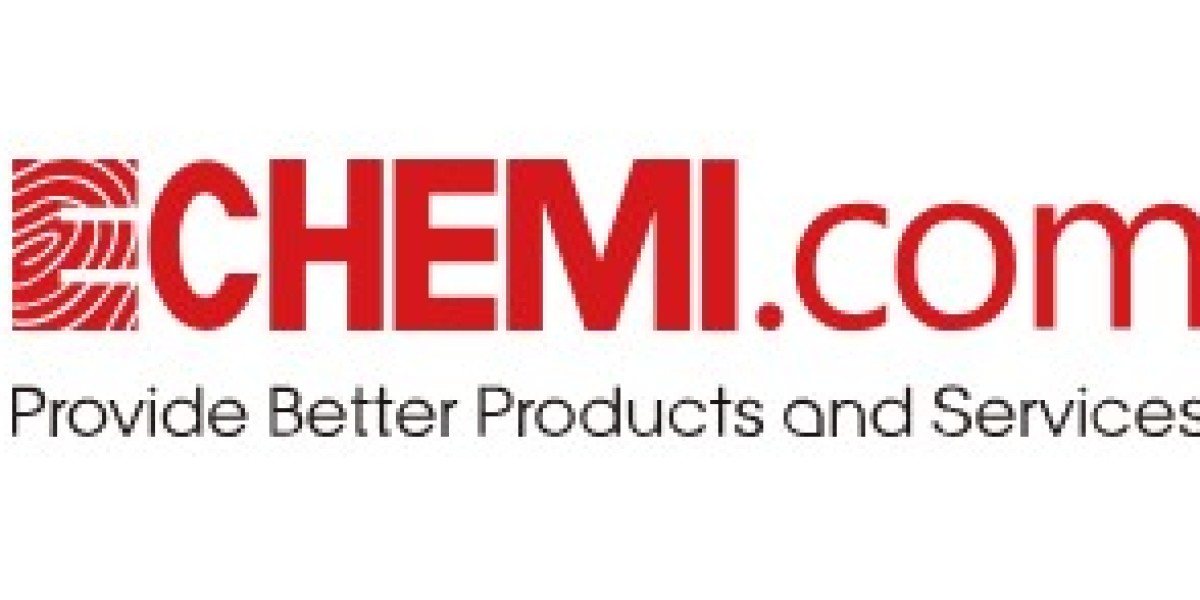In the realm of chemical manufacturing, the integration of predictive maintenance systems has emerged as a game-changing strategy to enhance operational efficiency, minimize downtime, and optimize asset performance within chemical factories. These advanced systems leverage data analytics, machine learning algorithms, and IoT sensors to predict equipment failures, schedule maintenance activities, and ensure uninterrupted production processes.
Early Fault Detection:
Predictive maintenance systems in chemical factories utilize real-time data from sensors embedded in machinery to detect early signs of equipment degradation or malfunction. By analyzing data patterns and performance metrics, these systems can identify potential issues before they escalate into costly breakdowns, enabling timely intervention and maintenance actions.
Condition-Based Monitoring:
Through continuous monitoring of equipment conditions and performance parameters, predictive maintenance systems enable proactive maintenance strategies based on the actual state of machinery. By tracking variables such as temperature, vibration, and fluid levels, these systems provide insights into equipment health, allowing maintenance teams to prioritize tasks and allocate resources efficiently.
Optimized Maintenance Scheduling:
By predicting when maintenance is required based on equipment health assessments, predictive maintenance systems help optimize maintenance schedules and reduce unplanned downtime in chemical factories. Scheduled maintenance activities can be planned during planned shutdowns or low-demand periods, minimizing disruptions to production processes and maximizing operational efficiency.
Cost Savings and Improved Reliability:
The implementation of predictive maintenance systems in chemical factories leads to cost savings by reducing the need for emergency repairs, minimizing equipment downtime, and extending the lifespan of assets. By proactively addressing maintenance needs, companies can enhance equipment reliability, increase productivity, and lower overall maintenance costs over time.
Data-Driven Decision-Making:
Predictive maintenance systems empower decision-makers in chemical factories with actionable insights derived from data analysis and predictive modeling. By leveraging historical data, machine learning algorithms, and predictive analytics, these systems enable data-driven decision-making that optimizes maintenance strategies, enhances asset performance, and drives continuous improvement in factory operations.
Integration with Smart Technologies:
The integration of predictive maintenance systems with smart technologies such as IoT devices, cloud computing, and predictive analytics platforms enhances connectivity, data sharing, and real-time monitoring capabilities in chemical factories. By creating a digital ecosystem of interconnected devices and systems, companies can streamline maintenance processes, improve operational visibility, and drive operational excellence.
Scalability and Adaptability:
Predictive maintenance systems in chemical factories are scalable and adaptable to diverse manufacturing environments, equipment types, and production processes. Whether in batch processing plants, continuous manufacturing facilities, or specialty chemical production units, these systems can be tailored to meet specific operational needs, accommodate varying asset requirements, and scale with evolving business demands.
In conclusion, the integration of predictive maintenance systems in chemical factories represents a transformative approach to maintenance management, asset optimization, and operational efficiency. By harnessing the power of data-driven insights, proactive maintenance strategies, and advanced technologies, companies can elevate their maintenance practices, enhance equipment reliability, and unlock new levels of productivity and competitiveness in the dynamic landscape of chemical manufacturing.


